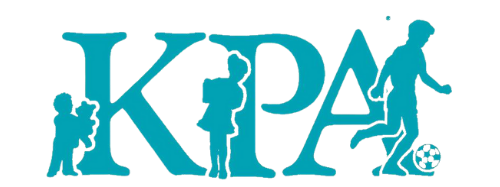- What is Covid-19
- Covid-19, or Coronavirus Disease 2019 (the year the virus was discovered) is a new type of coronavirus (common cold virus) that has never before been seen in the human population. Typically it causes fever, cough, and trouble breathing in those infected. However, 80% of those infected may only have mild symptoms. This includes the vast majority of children, even babies and toddlers, who have a much milder form of illness than older adults. Adults over 60 and those with underlying medical problems (heart disease, lung disease, diabetes, problems with their immune system) are at higher risk for more severe infection and more complications, including hospitalization and death.
- At this time, there is no vaccine to help protect against Covid-19. There is also no licensed antiviral medication at this time to treat Covid-19. The best way to help protect against this virus is to follow CDC guidance and the information from your health care provider, including staying at home if you are sick and practicing social distancing measures (avoiding large gatherings, keeping 3-6 feet between you and someone else while in public).
- Why are we making such a big deal about this virus as opposed to others?
- This is a new type of virus, never before seen in humans. Although it’s related to the common cold virus, it’s different enough that almost no human on the planet has any natural protection against it. With the latest estimates, this virus is twice as contagious as seasonal flu and at least four times as deadly. It is twice as deadly as swine flu from 2009, which infected 60 million Americans and killed over 12,000.
- Each infected person with Covid-19 spreads it to at least two others. But if one person makes a change now in preventing spread (hand hygiene, social distancing, quarantining), they will prevent 2,400 new infections next month. If the same person waits until next week to make those changes, they will only prevent 600 new infections. Making changes now will help fewer people become infected at the same time, conserving medical supplies and equipment and ensuring there is enough space in hospitals to take care of everyone. If we don’t make these changes now, the healthcare system could be overwhelmed and will not be able to take care of everyone.
- How you can protect yourself and others
- Wash your hands frequently with soap and water for 20 seconds or with an alcohol-based hand sanitizer (60% alcohol or higher). Limit touching your face as much as possible. Practice social distancing. This includes things like limiting being in public places, especially with large numbers of people and keeping 3-6 feet between you and other people at all times when out in public. Cover your cough with a tissue or the crook of your elbow. If you are not feeling well OR if you have a fever, cough, or trouble breathing, call your health care provider if you feel you need to be seen. Quarantine yourself at home for 14 days from the first day you feel ill or have a fever or cough. It is not necessary to wear a mask in public unless you are not feeling well.
- If your child is sick, or have any concerns, please reach out to us. We as a team at KPA are committed to helping our communities through this crazy, scary time and will be here with you until this pandemic passes.
Posted in
Helpful Articles and tagged
CDC,
children,
coronavirus,
COVID-19,
hand-washing,
high risk,
pediatrician,
protect,
sanitizer,
social distancing,
virus
